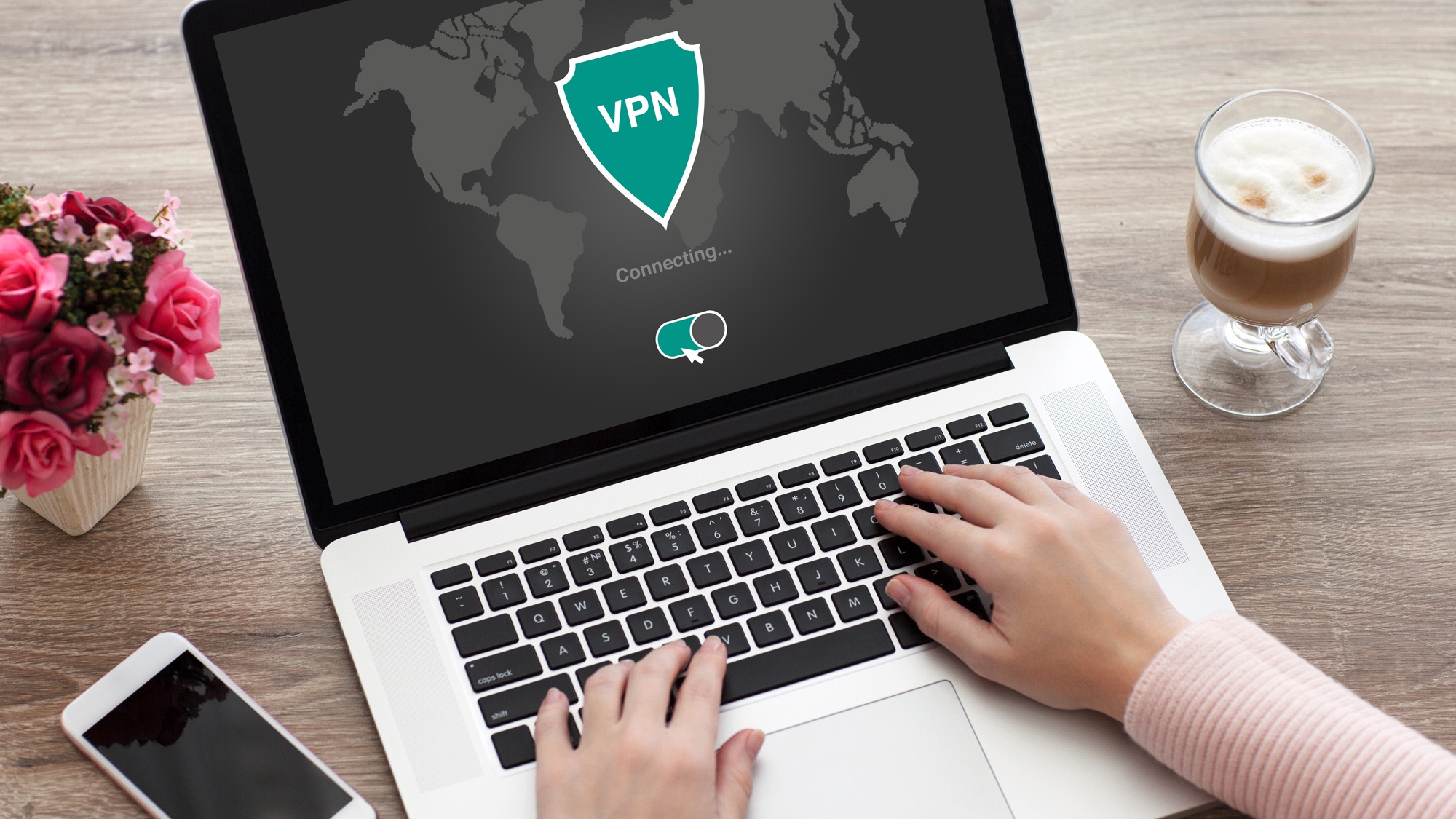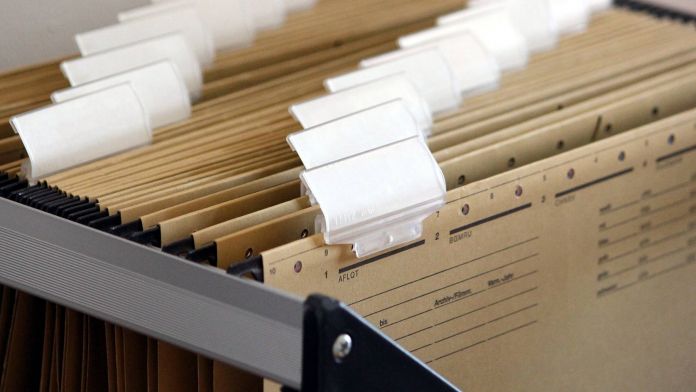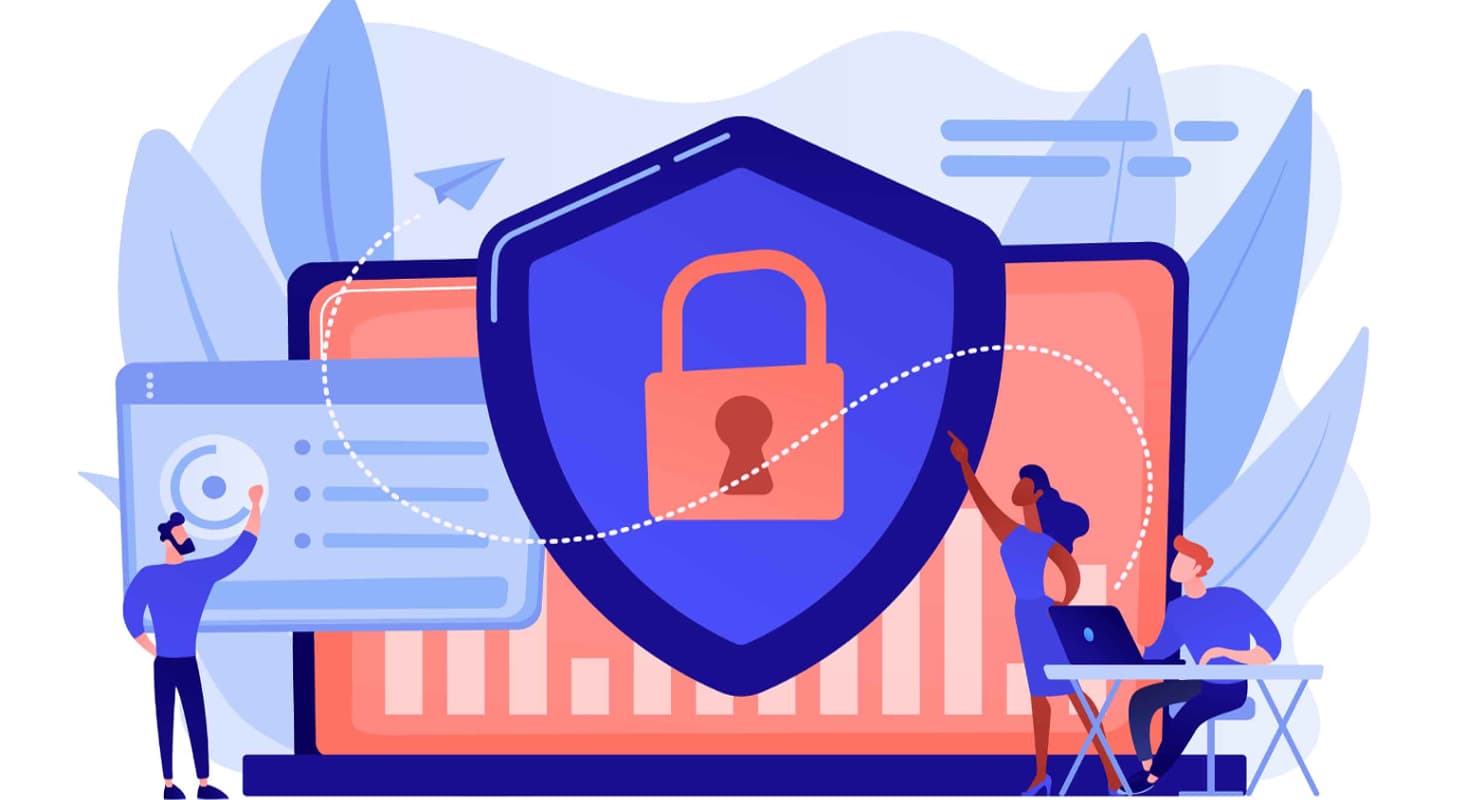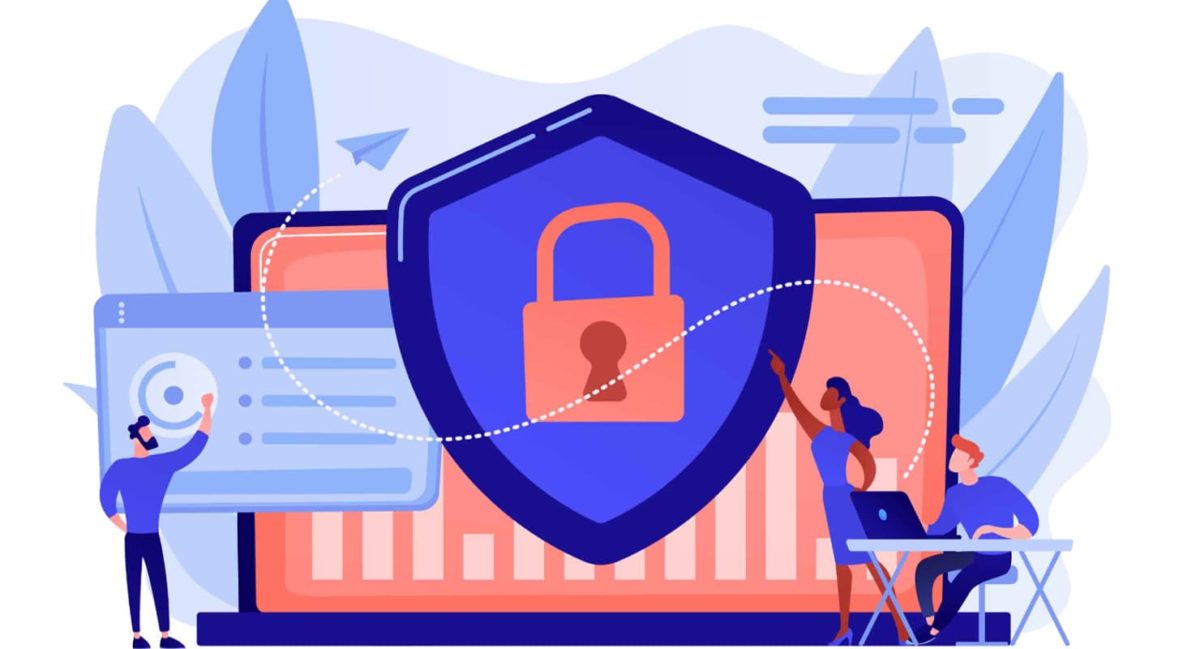A lot of VPN services advertise their service talking about things that are not true. Or, at least, has been given more importance than it should be. For a lot of people, VPN is useless and they only buy it because they have been targeted with false advertisement.
Here’s why you shouldn’t, or probably should, buy a VPN.
I don’t recommend a VPN service to a lot of people because they actually don’t need it. What they need, most of the times, is just paying more attention. Here’s what advertisements about VPNs lie about.
Privacy
VPNs do protect your privacy, in a way. What VPNs do is that they route your traffic to their own server and then connect you to internet. VPNs don’t make you anonymous or hide your tracks or fingerprints.
They work in a funny way. Normally, when you open a website for example, you connect to your ISP (internet service provider) and your ISP routes your traffic to that website; then, ISP receives the data and sends them to you. This is how you’re reading this note.
What a VPN does is it routes all your data to its own servers. You connect to your ISP, then your ISP connects to your VPN, and then VPN sends your data to the internet (for example: a website), then the VPN receives the data from the internet and sends them to your ISP and then your ISP sends the data to you.
So What’s the Difference?
The difference is that in this situation, when you connect to VPN, your ISP only sees the VPN and nothing else. How does it protect your privacy? Most of the times, it doesn’t. It only hides what websites you connect to from your ISP.
In this way, your VPN provider still can see the websites or services you visit. But, if you visit the websites that use HTTPS, your ISP (when you’re not connected to VPN) and your VPN provider (when you’re connected to them) only can see the website address, nothing more.
It means if you visit the https://example.com/that-one-page.html, they can only see that you visited https://ecample.com/. They can’t see what you put on forms or any other information you may provide to that service.
But there’s also a loop hole. When you connect to a VPN, your data is hidden from your ISP only if your VPN provider encrypts the data it shares. Otherwise, your ISP can see every detail that you send to your VPN service. Nowadays, most of VPN services encrypt their traffic but you should be careful too.
If you’re afraid of government knowing about your traffic, use a VPN but make sure it’s secure enough.

Military-Grade Encryption
Military-grade encryption is another thing that VPN services advertise about. Look my website address. It’s started with https:// which is Hypertext Transfer Protocol Secure. That secure means that your connection to this site is encrypted and as a matter of fact, it’s military-grade encryption.
Military-grade encryption is AES. Advanced Encryption Standard or AES is a specification for the encryption of electronic data established by the U.S. National Institute of Standards and Technology (NIST) in 2001. AES has been adopted by the U.S. government and is now used worldwide.
Military-grade encryption for some VPNs is not a lie, however, their emphasis is on military-grade to motivate you to buy. Your connection to my website is now military-grade encrypted.
No Logs Policy
It’s probably a lie. First of all, a VPN provider needs to maintain its service so it will keep logs for at least one day. One day is enough time for a government or security agency to find your identity.
Even if they don’t keep any log or collect logs anonymously, VPN providers can be forced to change their policy and be quiet about it with a gag order from a court. Legal battles are very expensive. Almost no VPN provider will burn their resources to protect you.
So if a VPN provider says it doesn’t keep logs, you shouldn’t feel very secure. However, if they really don’t keep logs, it’s safe to say that your information is safe until they receive a court order to cooperate with government.
Also, you should think about that one employee that is bribed to start logging for few accounts, like yours. And also, VPN providers want to be able to send traffic, to work obviously, and they for sure keep logs at least during your connection.

VPNs Protect You Against Viruses
Absolutely not, for sure. VPNs can’t protect you from viruses. As I explained before, they’re just routing your data and if they’re privacy-respecting, they wouldn’t process your data. If a VPN service knows about the data you’re sending/receiving, well it’s not worth of your money as they obviously are violating your privacy.
VPNs Protect Your Passwords
No. Not correct at all. Many VPN services claim that they protect your passwords when you’re connected to a hotel Wi-Fi or a public network. Stealing your passwords this way was a thing, few years ago.
Someone could run an ARP Spoofing Attack, pretending to be network hub and steal everything. Not only your passwords but everything you send (or even keep local) to internet.
Or they could compromise the network itself and watch everything that were going through that network. It requires very little technology.
But now, you’re secure by just connecting to websites that use HTTPS. Near 70% of websites in world are using HTTPS as their default connection protocol so you’re probably safe.
Anything that uses personal data is now uses secure protocol like HTTPS. Every Android app, every iOS app, 70% of websites, anything you probably visit in your lifetime.

VPNs Help You Pretend to Be in Other Countries
Actually that’s right. If you’re living in a country that censors internet or is under technology sanctions, VPNs will help you to bypass that censorship or sanctions.
Actually, that should be the real reason you buy a VPN. If you want to download a huge amount of bit torrents or illegal stuff, such as pirated movies, you can connect to a VPN service to hide your tracks.
But, still, that VPN provider can track you and ban you from connecting to its service or simply tell government about you and your criminal activity, which is downloading movies in this situation.
VPNs can also restrict you from connecting to them because they want to and they probably will win the case in a legal court as they have a lot of money and resources and they probably have your internet illegal footprints.
So, Why Should I Buy a VPN?
So if you want to hide your identity from your network manager or ISP or want to download pirated stuff, such as movies, with low, not zero but low, risk of your identity to be revealed, you need a VPN.
If your country censors internet or you want to use a service that only is provided in certain countries, you need a VPN. However, you also can use Tor for free (or you can donate). Tor probably has lower speed but it’s much safer.

